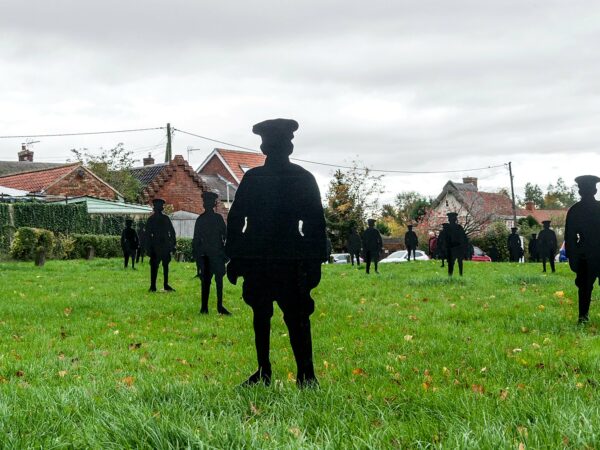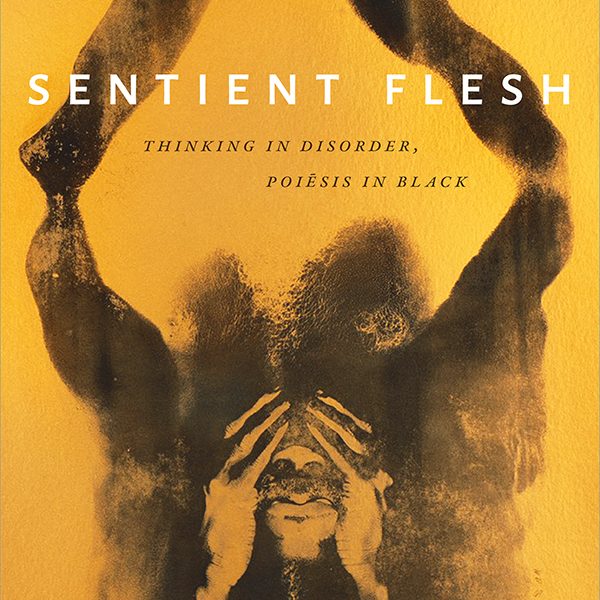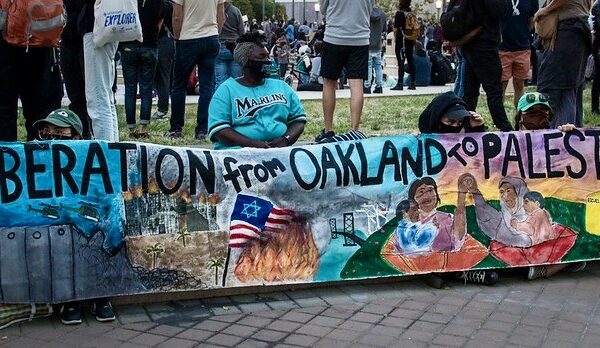
By working to abolish policing and prisons as we know them today, prison and police abolitionists are engaging in the kind of activism that can resist and dismantle these interconnected evils at the same time. In other words, transformative justice and prison abolition are ways to resist the military-industrial complex.
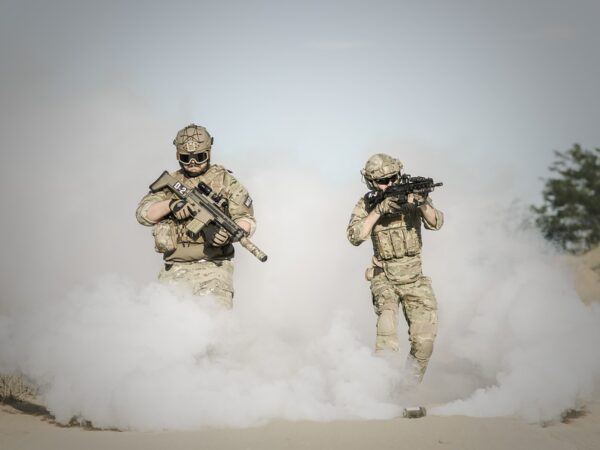
Transforming war into a capitalist imperative, the expanded use of PMSCs makes it more difficult to place democratic checks upon military power, commodifies war in a fashion that obscures its tragedy and misery, and threatens to further constrict the role of justice in determining military engagements.

Above all, the Christian tradition urges us to reject the application of war metaphors to the market, as if it were a bloody realm of unavoidable tragedy and exclusively self-focused interest. It is not—or should not be—and the temptation to accept economic “tragedy” is really just the temptation to fail to love God and the neighbor, theologically speaking.

Though theologies and practices vary, many Christians commit to sacred times of relation, mutual care, and patience as a form of devotion to God’s promise of justice, believing that this promise is their work to carry out, too. In the Sabbath lives a wider, eternal perspective and sacred release from daily rhythms, obligations, and productivity, an invitation into the transcendent.

Stiegler argues that capitalism has now reached its limits and that the future of the planet in what he calls ‘control societies’ echoing Deleuze is open to question.
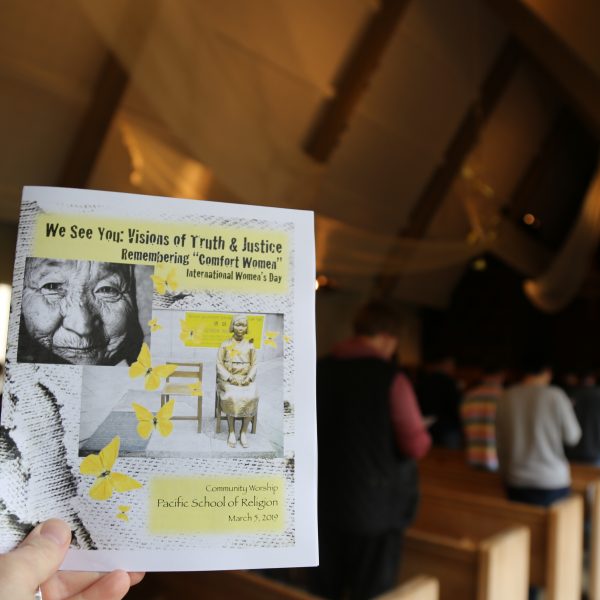
These protests, the victims’ testimony, and the courage of survivors remind us that it is time to turn off the powerful sound of the perpetrators’ dominant voices and tune in to the voices of the oppressed.

During this global pandemic, a theological imagination contributes to helping us draw on a public health approach to our security strategies and shift focus to a just peace framework.
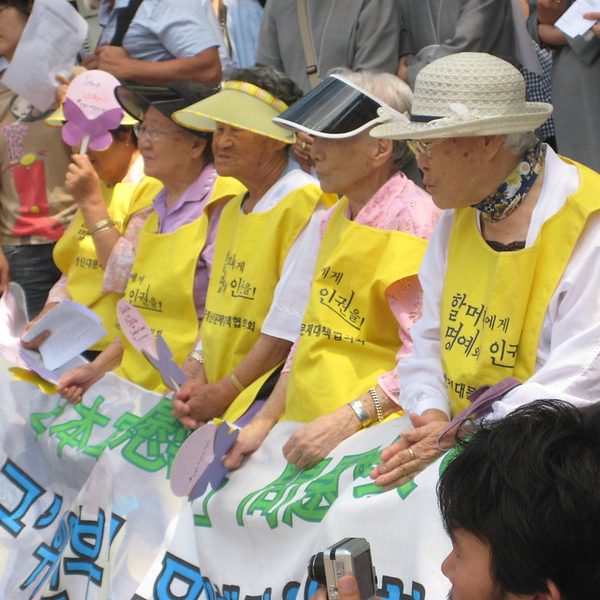
The survivors were oppressed and deprived of their freedom, dignity, identity, womanhood, and youth. However, they are now human rights movement activists, teachers, living testimony of the painful history, and much more.

Remembering a future that is habitable for humanity and receptive to justice requires remembering the inconvenient past that, when surfaced, can threaten the status quo.
